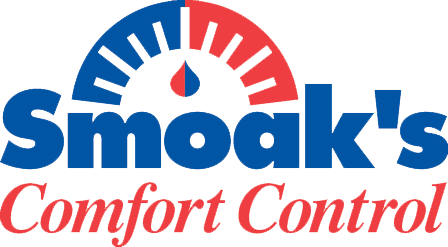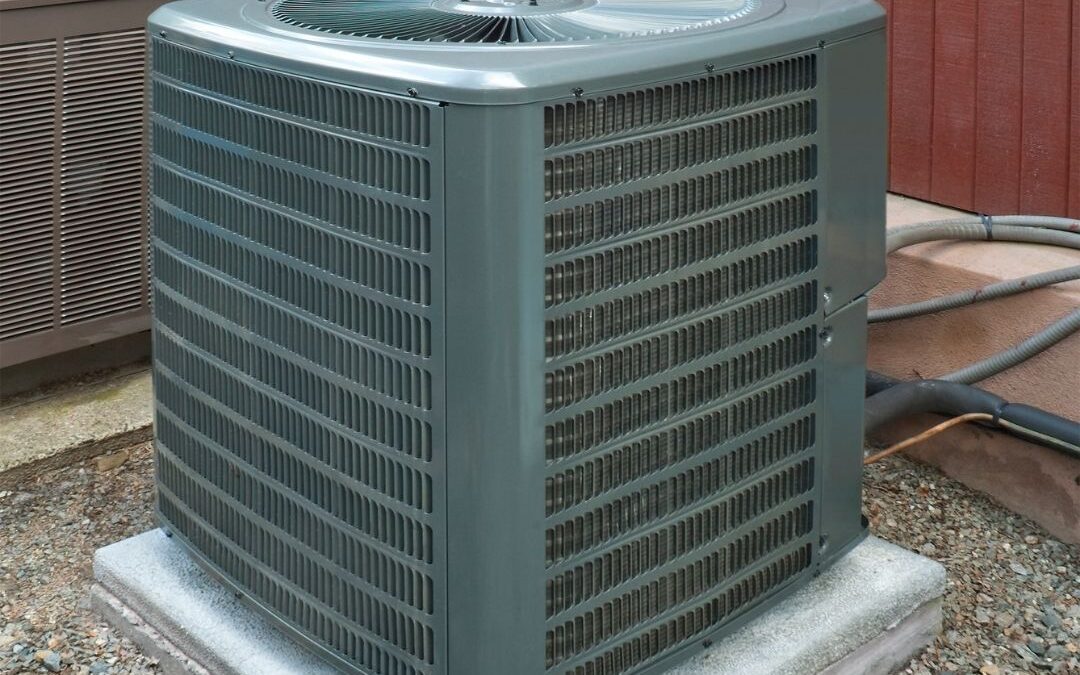In the era of climate change, understanding how various weather conditions impact your HVAC system is more critical than ever. Extreme weather events, such as heat waves, cold snaps, and high humidity, can significantly affect your system’s performance and longevity. These extreme weather patterns, exacerbated by climate change, demand that homeowners stay vigilant and proactive about HVAC maintenance.
Extreme weather can lead to increased energy consumption, system strain, and potential damage, making it essential to know how to protect and maintain your HVAC system during extreme weather events. By comprehending the effects of different weather conditions on your HVAC system, you can ensure it remains efficient, reliable, and capable of providing comfort throughout the year.
Effects of Hot Weather on HVAC Systems
Increased Demand and Energy Consumption
During hot weather, the demand for cool air increases, leading to higher energy consumption. Your HVAC system must work harder to maintain comfortable indoor temperatures, especially during heat waves, hurricanes, and extreme heat conditions. This increased usage can cause your energy bills to spike and strain your system, potentially leading to wear and tear over time.
Common Issues in Hot Weather
Hot weather can lead to several common issues in HVAC systems. Overheating is a frequent problem, particularly during extreme heat events. The system’s components can become too hot, causing it to shut down or malfunction. Refrigerant leaks are another issue, as the increased pressure within the system can lead to leaks that reduce cooling efficiency. The heat stress and constant strain on the system can also result in worn-out parts and reduced overall performance.
Maintenance Tips for Hot Weather
Regular maintenance is essential to keep your HVAC system efficient during summer. Start by ensuring your air filters are clean and replaced regularly. Dirty filters can restrict airflow, causing the system to work harder and overheat. Additionally, check for refrigerant leaks and ensure the refrigerant levels are adequate. Scheduling a professional inspection before the summer season can help identify and address potential issues before they escalate. Lastly, consider installing a programmable thermostat to manage your cooling needs more efficiently and reduce energy consumption.
Effects of Cold Weather on HVAC Systems
Challenges with Heating Efficiency
Cold weather presents its own set of challenges for HVAC systems. Maintaining heating efficiency during extreme cold temperatures can be difficult, as the system must work harder to keep your home’s temperature warm. This increased demand can lead to higher energy consumption and strain on the heating components, potentially resulting in breakdowns.
Common Problems in Winter
Winter weather can cause several problems for HVAC systems. Frozen pipes are a common issue, particularly in high-risk areas with severe drought conditions. When pipes freeze, they can burst, leading to significant damage and costly repairs. Heat pump malfunctions are also prevalent during cold weather events, as the system struggles to extract heat from the outside air. Additionally, high energy consumption during winter can increase utility bills and system wear and tear.
Winter Maintenance Tips
Preparing your HVAC system for cold weather and climate often involves several maintenance steps. Insulate your pipes to prevent freezing and ensure the heat pump functions correctly. Regularly check and replace air filters to maintain proper airflow and heating efficiency. Scheduling a professional tune-up before winter can help identify potential issues and ensure your system is ready to handle extreme cold temperatures. Additionally, consider installing a programmable thermostat to manage your heating needs more efficiently and reduce energy consumption.
Impact of Humidity on HVAC Performance
High Humidity Effects
High humidity levels can significantly affect your HVAC system’s cooling efficiency and indoor air quality. Excess moisture in the air can make your home feel warmer than it is, leading to higher temperatures and increased use of the cooling system. This can strain the system and increase energy consumption. High humidity can also promote the growth of mold and mildew, affecting indoor air quality and potentially causing health issues.
Low Humidity Effects
Low humidity levels, often experienced during winter, can impact heating systems and indoor comfort. Dry air can make your home feel colder, causing you to increase the heating temperature and, thus, consume more energy. Low humidity can also lead to dry skin, respiratory issues, and wooden furniture and floors damage.
Managing Humidity Levels
Managing humidity levels in your home is crucial for maintaining HVAC performance and indoor comfort. Using dehumidifiers during summer can help reduce excess moisture and relieve the strain on your cooling system. In winter, humidifiers can add more moisture back to the air, improving indoor comfort and reducing the need for excessive heating. Regular maintenance, including cleanings and checking humidifiers and dehumidifiers, ensures they operate efficiently and effectively. Additionally, ensuring proper ventilation in your home can help manage humidity levels year-round.
Effects of Storms and Flooding on HVAC Systems
Impacts of Coastal Storms and Flooding
Coastal storms and widespread flooding can severely impact HVAC systems. Storm surges and heavy rain associated with these weather disasters and floods can lead to water damage in HVAC units, particularly those installed in basements or low-lying areas. Flooding can submerge HVAC components, causing electrical failures and corrosion. For example, an HVAC system submerged in water may require extensive repairs or complete replacement.
Common Issues During Storms
Power outages during severe storms are common, leading to HVAC system shutdowns. When power is restored, the abrupt stopping and starting of the system can cause mechanical stress and potential damage. Additionally, debris carried by strong winds can clog outdoor units and reduce their efficiency. For example, leaves, branches, and other debris obstruct airflow, leading to overheating and system strain.
Preventative Measures for Storms
Several preventative measures can be taken to protect your HVAC system during extreme weather events like coastal storms and flooding. Elevating HVAC units above ground level can prevent water damage during flooding. Installing surge protectors can safeguard the system from electrical damage caused by power outages. Regularly clearing debris around the outdoor unit ensures proper airflow and reduces the risk of harm. Scheduling professional inspections after a storm can help promptly identify and address any issues, ensuring the system remains functional.
Depend on Smoak’s Comfort Control
As climate change continues to influence weather patterns, the frequency and intensity of extreme weather events are likely to increase. These extreme events can significantly strain your HVAC system, affecting its efficiency, performance, and lifespan. By understanding how different weather conditions—such as extreme heat, cold, humidity, and storms—impact your HVAC system, you can take proactive measures to maintain its health and optimal performance. Regular maintenance, seasonal preparations, and professional inspections ensure your HVAC system is ready to handle any weather event.
Smoak’s Comfort Control is committed to providing top-notch HVAC services to help you navigate the challenges of climate change and extreme weather. Contact us today to schedule a maintenance service and ensure your HVAC system is prepared for any weather condition or climate here, safeguarding your comfort and energy efficiency throughout the year.

